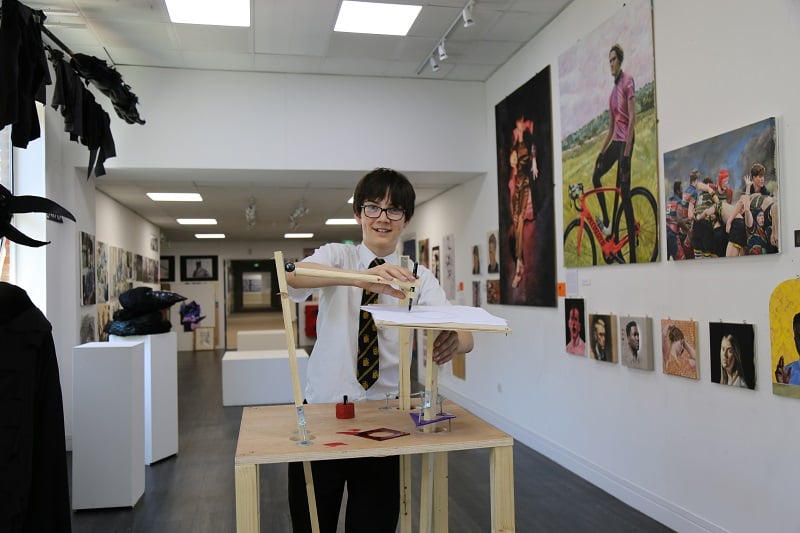
Supporting Students To Achieve Silver Independently
BY: Guest Writer
30 Mar 2020
If you are using this current time at home to start planning for next academic year, you may want to consider different approaches to delivery. Louise Teunissen from Hampton School spoke to us about their usual process for supporting students to achieve Silver in their own time.
We began delivering Arts Award in 2016 as we felt that the creative arts were not given enough focus. We have a strong Maths and Science emphasis at our school, so we recognised the benefits of producing something beyond the syllabus. We are not able to deliver Arts Award during the school day, either as a timetabled lesson or as an extra-curricular club, so we developed a structure where students are supported to work independently. For this to work the student needs to be motivated, committed, and have a very clear idea of what they had to do. Not having a dedicated time for Arts Award also means there is a maximum number of young people each adviser can support, and so we need to have a strong selection process. 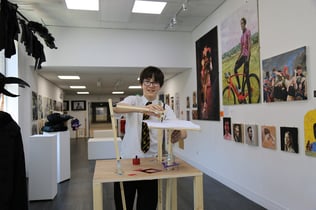
At the start of the year I deliver an assembly to Year 9 and 10, where I explain what Arts Award is, what is involved and give examples of previous projects. After the assembly students are invited to apply to do their Silver Arts Award. Each student completes an application form, rather like a ‘pitch’, where they explain what project and activities they would like to do for the award. We need to make sure students have a very clear idea of what is involved; the application covers the different parts and evidence requirements of Silver. For example, we ask questions such as; ‘What events would you review for Unit 1 Part C?’ or ‘Who could you interview for Unit 1 Part D?’. This helps the students understand how much is involved and what is expected of them. We then review the applications. Based on the quality of the applications and our knowledge of the young people, we will select young people who are going to take part and assign them an adviser. Throughout the year they will have one to ones with their adviser, to check on progress and offer advice and guidance, they can also email questions whenever they want.
Young people are given a folder which contains templates for each Part. This is really important, as it creates a structure around which the young people can plan their award, breaking down what they need to do, and what evidence they need to produce. Because of the individual nature of our delivery, the projects that each pupil produces are always entirely unique. For the Unit 1 Arts Challenge projects have included: creating models of World War 2 battlefields, producing photography books, writing novels, recording albums, and directing and filming documentaries; one boy even designed and built his own harmonograph! For the Unit 2 Leadership Challenge the students will often plan and deliver workshops with visiting primary school students, as part of our school ‘Leadership Day’. 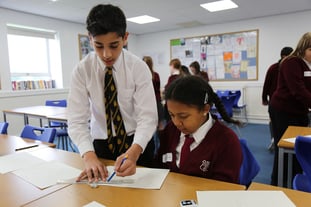
These projects can be the first step in the students realising their future plans; one young person, Jai, who achieved his Silver award in 2018, created an arts activity book which he sold for charity. He discovered a love of visual marketing and graphic design and took his portfolio along to a work experience interview. Jai told us:
“Arts Award was thoroughly enjoyable. It allowed me to explore an idea and create something tangible. The great thing is that it was an art project I could work on outside of normal school and provided a nice contrast to my everyday school work. It helped me improve my time management skills and is now something that I can and have talked about when applying for work experience. I highly recommend it! It is a great qualification, and helps you to really think creatively as well as gain some key organisational skills that will be useful for the rest of your life.”
Every June we organise a display of their work, so that students can share and celebrate what they have done with others. Students, staff and parents are highly complimentary about what our pupils achieve and what Arts Award offers. Cameron, who recorded an album of electronic music for his award in 2019, said:
“Arts Award opens up endless creative opportunities, and it was a very useful and engaging experience for me, helping me to learn more about the music industry. I think it is a fantastic and explorative qualification for anyone to have.” 
Charlie, whose model designed to draw attention to problems pollution was one of the highlights of the 2019 display, commented:
“Silver Arts Award was a thoroughly rewarding experience which provided a valuable opportunity to develop creative skills and innovative thinking, both increasingly important abilities in the modern world which can be applied to a diverse range of careers.”
Our students develop many valuable skills from taking part in Arts Award including the ability to manage their own workload and set deadlines for themselves, a useful skill as they move forward into their GCSE years. Recording their process is an important skill as our boys often struggle with being self-reflective. The leadership project also helps to build confidence, particularly for shy students.
We are delighted that two of our students, Bayley Burridge and James Reger, were selected for this years TrinityTalent, go here to read more about them. You can find out more about Arts Award at Hampton School here.
If you are wondering how to support your students to work independently in the current situation Arts Award Voice offers an online Silver Hub which takes young people step-by-step through their award, supporting independent learning. You and your group simply need to register to gain access to ideas, resources and downloads.
Related posts
BY: Guest Writer
BY: Guest Writer

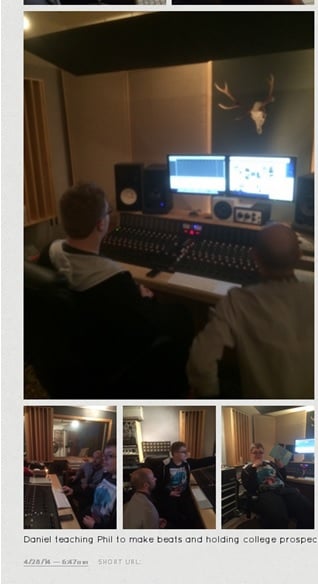
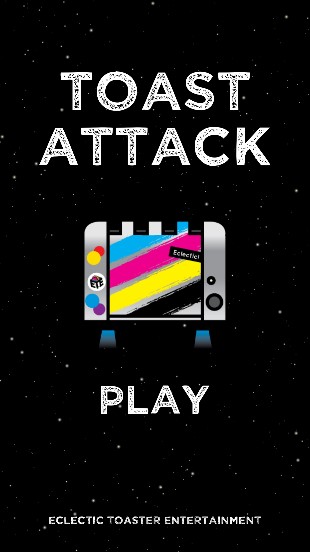
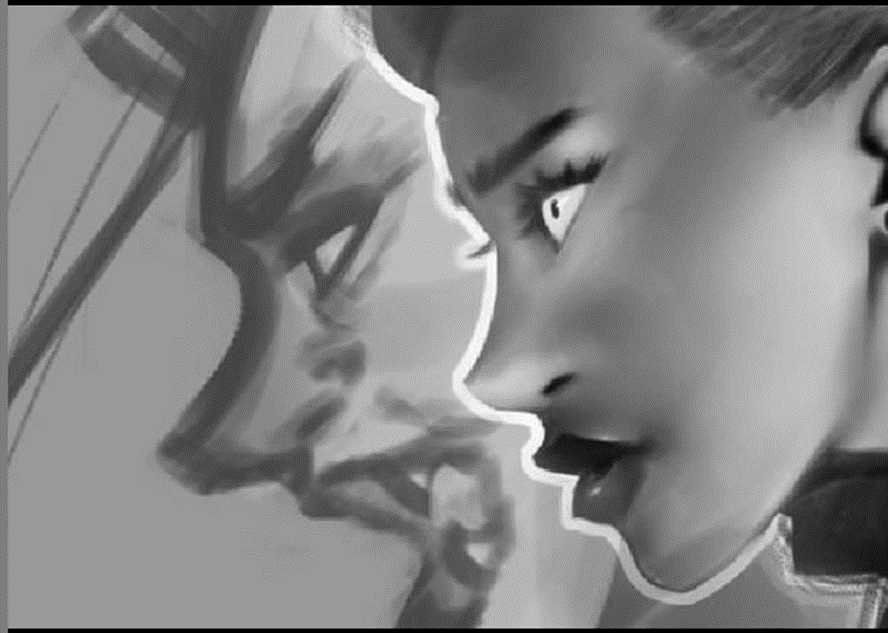
Comments & Replies